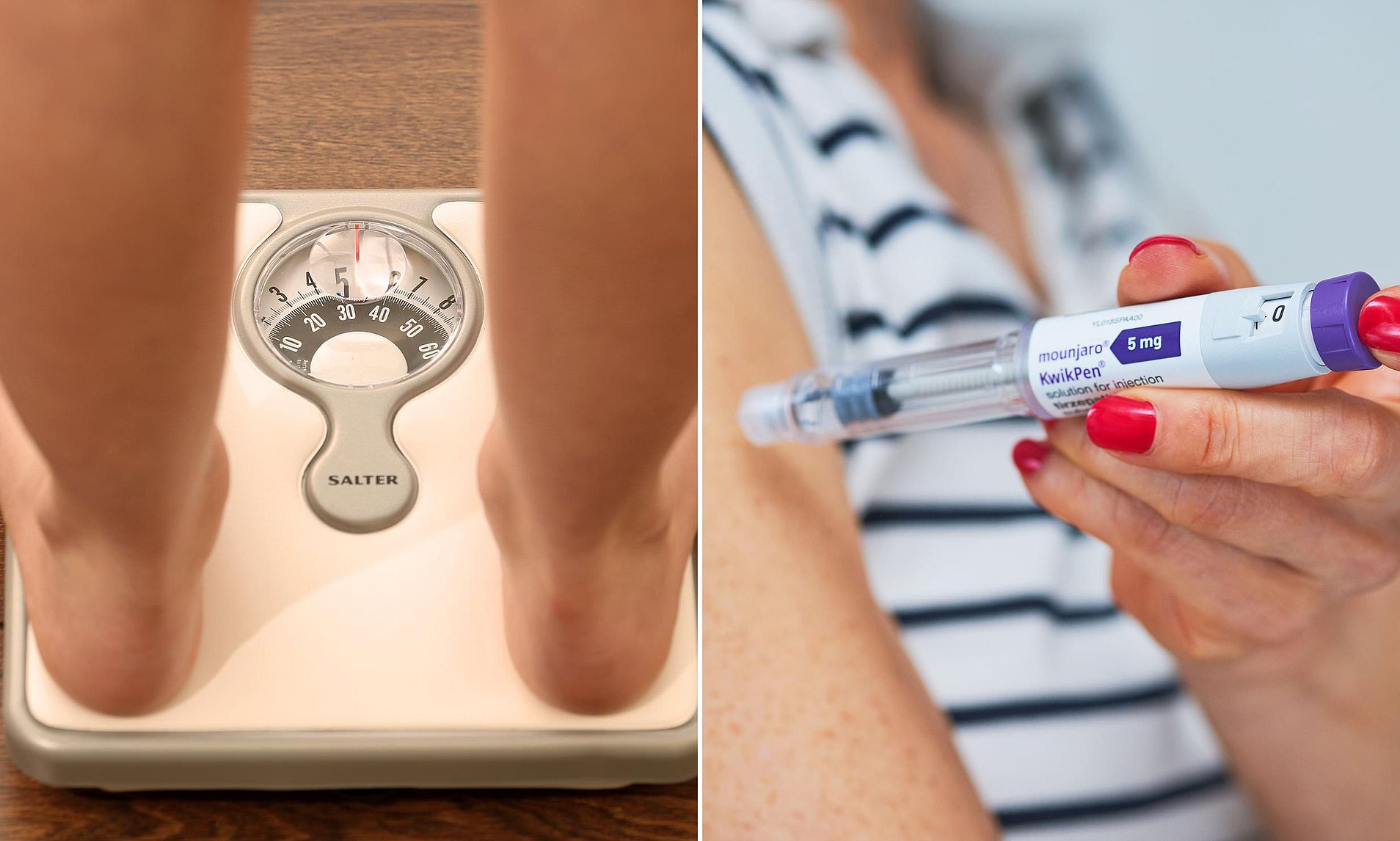Growing Concerns Over Weight-Related Discrimination in the NHS
A growing number of patients have raised concerns about being subjected to weight-based discrimination by healthcare professionals within the National Health Service (NHS). These incidents, which include remarks that many find hurtful and unprofessional, have sparked a broader conversation about how obesity is addressed in medical settings.
An investigation has revealed that at least 74 complaints have been made to hospital managers across England in the past year. These cases highlight a troubling trend where patients feel they are being judged or shamed based on their weight, rather than receiving the care they need.
In one instance, a patient was told they were carrying “two suitcases” around with them, while another was informed by a consultant that the reason they could not see clearly was because their “face was too fat.” Another patient was warned to be careful when rolling over on the bed, as it was described as “only a slim bed.” A doctor reportedly called middle-aged overweight women “his worst nightmare,” further emphasizing the severity of these comments.
These incidents came to light through a Freedom of Information request, though experts believe the actual number of complaints may be significantly higher. Many trusts were unable to provide specific figures, making it difficult to fully assess the scale of the issue.
According to data, nearly two-thirds of adults in the UK (64%) are estimated to be overweight, with one in four classified as obese. Excess weight is linked to various chronic health conditions, including heart disease, cancer, type 2 diabetes, and respiratory and liver diseases. In response, the government has introduced an anti-obesity strategy that includes public health campaigns, expanded NHS services for weight management, and measures to make weight loss medications more accessible. This includes drugs like Mounjaro and Wegovy, which have shown effectiveness in helping patients lose weight.
Despite these efforts, guidance for doctors emphasizes using “positive” language and avoiding assumptions about a patient’s diet or lifestyle. However, some medical professionals argue that direct communication can be necessary to encourage patients to take action regarding their health.
Laura Adlington, a former Great British Bake Off contestant, shared her own experience of feeling “fat-shamed” by the NHS during IVF treatment. She described being weighed in a corridor and denied tests due to her weight, leading her to seek private care. Similar stories have emerged from other parts of the country.
At Royal Free London Trust, a patient was told they were “eating too much fast food” and advised to be careful turning over on the bed. At Salisbury NHS Trust, a doctor allegedly told a female patient to “stop eating to lose weight” and then pointed at her mouth before slapping her hips. The doctor later apologized but the incident left the patient deeply upset.
Another patient treated at Isle of Wight NHS Trust moved to a different doctor after being told that “middle-aged overweight women are my worst nightmare.” At University Hospitals Dorset, one patient claimed a doctor had already made up their mind about them based on an X-ray and suggested the only way forward was to lose weight. Another person said they were denied a hernia operation because they were deemed “too fat.”
The NHS has invested £40 million over the past five years in specialized equipment for obese patients, including larger beds, stretchers, and chairs. Despite this, the issue of weight stigma remains a significant concern.
Dr. Martin Scurr, a GP expert, argues that sometimes being direct is necessary to address health issues. He believes that while kindness is important, there are times when being “cruel” is required to get a message across. On the other hand, Sarah Le Brocq from the All About Obesity charity stresses that obesity should be treated as a chronic condition, just like cancer. She questions why people are shamed for having obesity when they wouldn’t be for other serious illnesses.
Controversial Weight Loss Initiatives
While the NHS focuses on improving care for overweight patients, other organizations have also entered the weight loss space. Morrisons, a major supermarket chain, has faced criticism for launching a £129-a-month weight loss clinic offering tirzepatide injections, commonly known as Mounjaro. Customers have expressed frustration, pointing out that the store sells sugary treats and unhealthy snacks, yet charges high fees for weight loss treatments.
One shopper remarked that it was “genius” for the store to sell unhealthy food and then charge customers to lose weight. Others joked that the approach seemed contradictory, suggesting that shoppers could eat a variety of unhealthy foods and then pay for the solution.
The clinic was announced shortly after the Medicines and Healthcare products Regulatory Agency launched an investigation into the safety of the jabs. Morrisons plans to increase the fee to £159 per month after the initial offer, claiming that its weight management medications are “prescribed and dispensed responsibly.”







